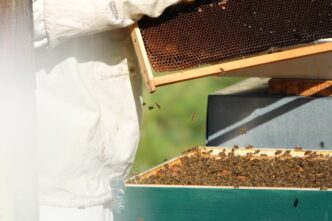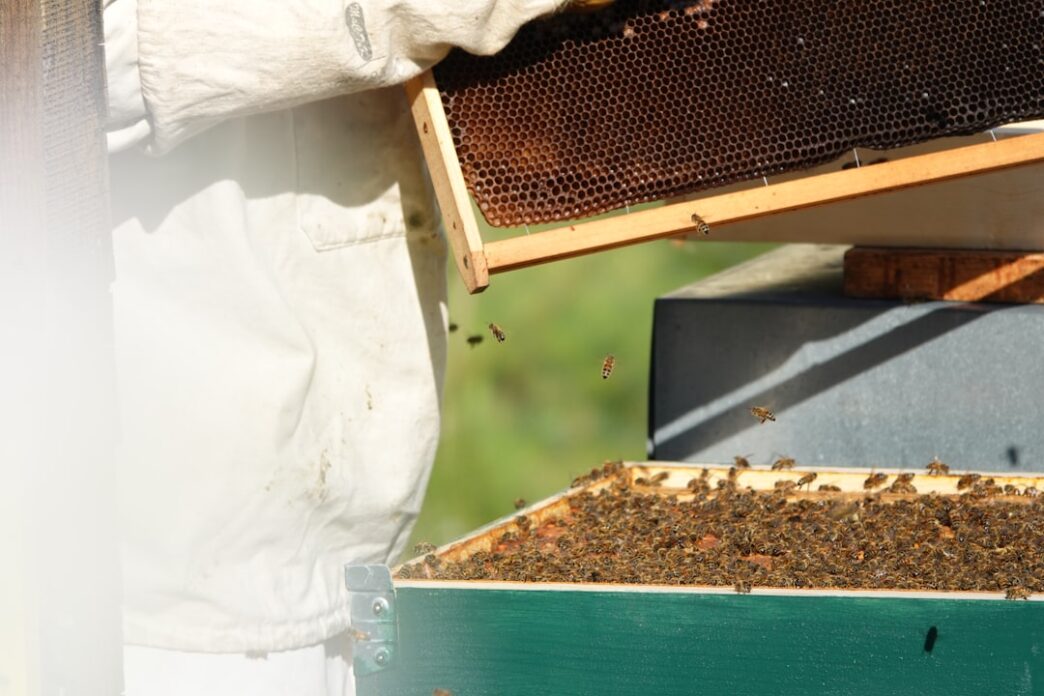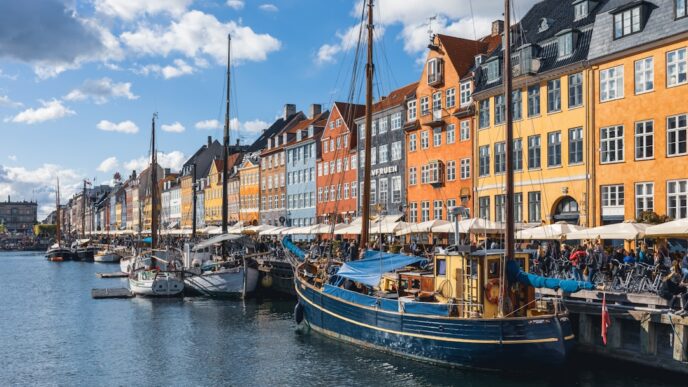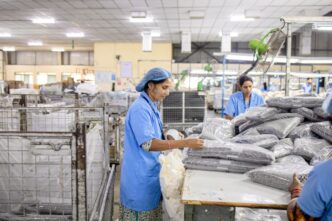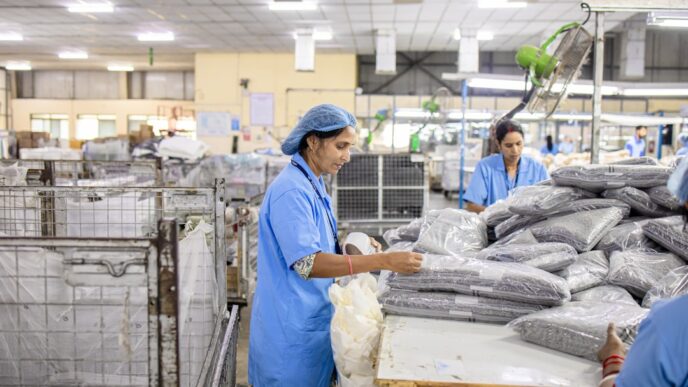A buzz is growing in urban neighborhoods worldwide as more residents turn their rooftops and backyards into havens for beekeeping. Once regarded as a niche hobby, urban beekeeping is emerging as a vibrant sector with significant economic implications. Cities like New York, London, and Paris are witnessing a renaissance of this age-old practice, as beekeepers tap into the dual benefits of promoting biodiversity while generating income.
Consider Brooklyn, where an increasing number of residents are installing hives. According to the NYC Beekeepers Association, there are now over 1,000 registered beekeepers in the city. Not only does this foster a healthier ecosystem by increasing pollinator populations, but it also contributes to local economies. Honey produced in urban settings often commands higher prices due to the unique flavors derived from diverse urban flora. Local markets are reporting a surge in artisanal honey sales, with some jars fetching upwards of $20.
However, the economic impact stretches beyond honey production. Beekeeping creates opportunities for small businesses, such as local honey processing facilities and workshops teaching the craft. For instance, Honey & Co., a London-based café and bakery, sources honey from urban hives, integrating it into their menu while also engaging customers in the story of local production. This not only enhances their brand narrative but also strengthens community ties.
The trend isn’t limited to affluent neighborhoods. In economically challenged areas, urban beekeeping can empower communities by providing a source of food security and potential income. Initiatives like the Urban Bee Project in Detroit aim to educate residents about sustainable practices while offering resources to start their own hives. By fostering entrepreneurship, such projects help revitalize local economies and promote environmental stewardship.
Moreover, urban beekeeping serves as a catalyst for community engagement. When residents gather to learn about bees, they often form lasting connections, establishing networks that can lead to further economic opportunities. This aspect is crucial in a world where urban isolation is increasingly common. Moreover, initiatives like the Bee Friendly Cities program encourage municipalities to support beekeeping through policy changes, such as reducing restrictions on hive placement and providing grants for education and resources.
Despite the benefits, urban beekeeping faces challenges. Regulatory frameworks often lag behind this growing phenomenon, causing confusion regarding hive ownership and responsibilities. In many cities, beekeepers must navigate a patchwork of zoning laws, which can stifle their ability to operate effectively. This disconnect highlights the need for policymakers to engage with beekeeping communities to create supportive environments that foster growth.
Critics also raise concerns about the potential for urban bees to transmit diseases to wild populations or the environmental impact of increased hive density. However, proponents argue that responsible practices—like regular hive inspections and community education—can mitigate these risks and ultimately contribute positively to urban ecosystems.
As the trend of urban beekeeping continues to flourish, it signals a broader shift toward sustainability and local economic resilience. By connecting residents with their food sources, enhancing local biodiversity, and promoting community engagement, this burgeoning sector exemplifies how innovative solutions can emerge from urban settings. The sweet rewards of urban beekeeping extend far beyond honey, cultivating economic opportunities, community bonds, and a more sustainable future for cities worldwide.
